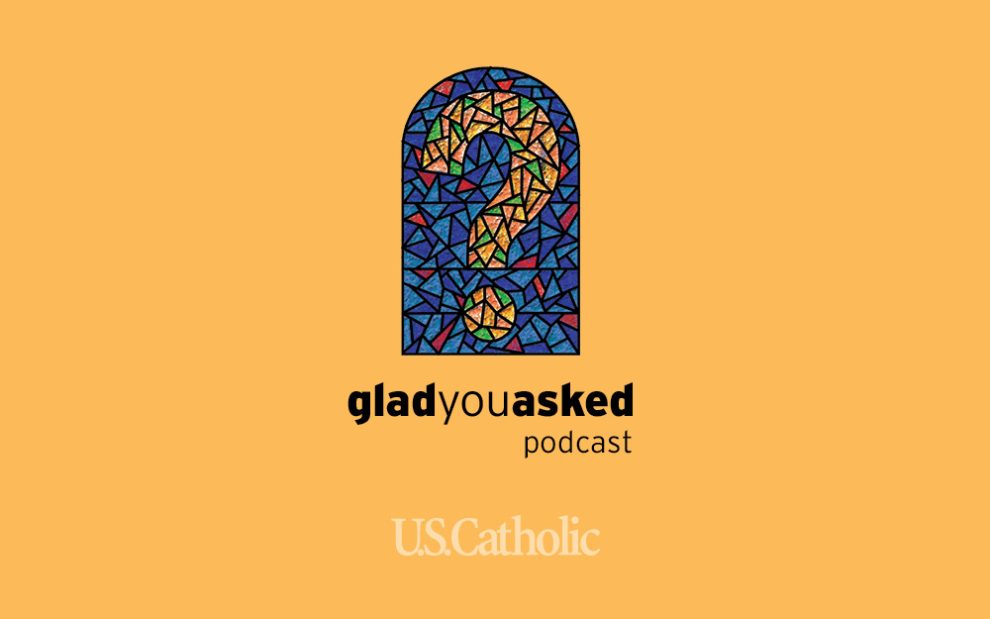Listen on: Spotify | Apple Podcasts
For many, the term “anarchy” connotes chaos, disorder, even violence. Yet some anarchists are pacifists. And some are even Christian. The earliest Christian communities, some scholars believe, had certain anarchist tendencies, such as making decisions through group consensus, versus top-down hierarchy. Later on, of course, the church became more structured and hierarchical. But those anti-institutional threads of tradition never quite went away. In the nineteenth and twentieth centuries, when the concept of anarchy became formalized, various groups explicitly identifying as Christian anarchists emerged, in Russia, Europe, and the United States.
While anarchism might work for less structured Christian groups, like Anabaptists or Quakers, it seems an uncomfortable fit for Catholics, given the church’s emphasis on rules and hierarchy. So does this mean that Catholics can’t be anarchists? What would Catholic anarchism even look like?
On this episode of Glad You Asked, the hosts talk to journalist and Catholic worker Renée Roden about whether Catholics can be anarchists. Roden has written extensively on the Catholic Worker movement, and on economic and labor movements, She is a frequent contributor to U.S. Catholic, as well as to The Nation, Religion News Service, The Associated Press, Washington Post, Commonweal, Sojourners, America, and Notre Dame Magazine. She also writes frequently for catholicworker.org and its newsletter, Roundtable.
You can learn more about this topic, and read some of Roden’s work, in these links:
- “Christian anarchism is as old as Christianity itself,” by Renée Roden
- “The Anarchism of the Catholic Worker,” by Renée Roden
- “A Short History of Religious Anarchism,” by Kevin Daugherty
- “Divine revelation leads to revolution,” by Alice Camille
Glad You Asked is sponsored by the Claretian Missionaries USA, a congregation of Catholic priests and brothers who live and work with the most vulnerable among us. To learn more, visit claretians.org.













Add comment